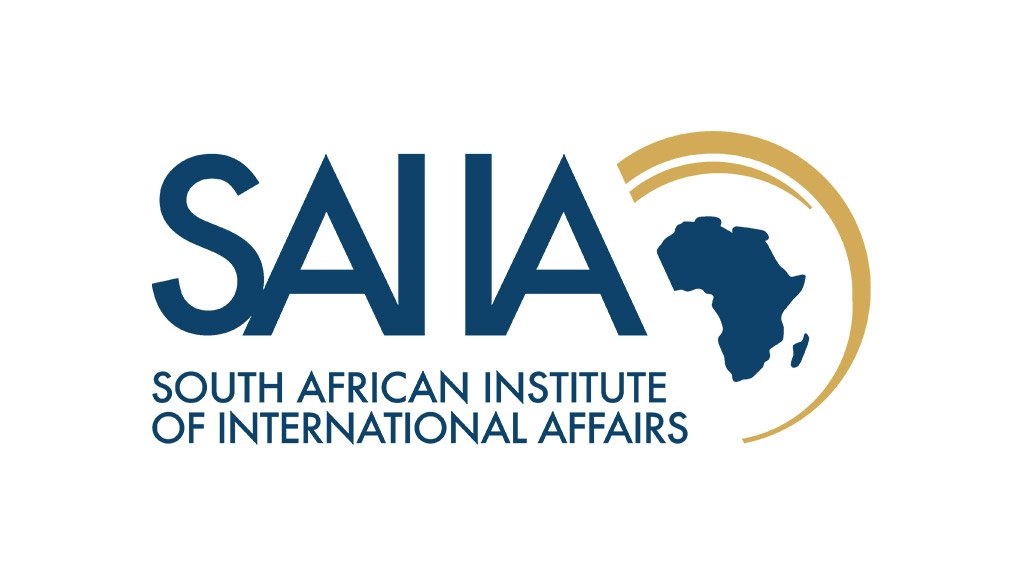This article explores what domestic factors contribute to the variation in climate policy ambition levels among sub–Saharan Africa countries.
Abstract
This article, which was recently published Open Access in SAIIA’s South African Journal of International Affairs, examines how domestic factors explain variations in the ambitions of sub-Saharan Africa (SSA) countries to meet the requirements of the Paris Agreement on Climate Change. Although Africa contributes only 3.8% of global greenhouse gas emissions, it is highly vulnerable to climate change. All 54 African countries have ratified the Paris Agreement, and by May 2022, 44 had submitted updated nationally determined contributions (NDCs), showing strong commitment to mitigating global temperature rise. Although SSA countries’ NDCs are more robust than the global average, significant cross-country variations exist. This article builds on the limited research on these variations to explore whether democracy, GDP, oil consumption, and historical emissions influence NDC ambition across 44 SSA countries. The analysis finds a statistically significant negative relationship between GDP and NDC ambition, while other variables show no significance. This study is crucial for understanding how domestic factors shape climate commitments in SSA.
Introduction
The goal of the United Nations Climate Change Conference (UNFCCC) Paris Agreement of 2015 is to keep the global temperature rise below 2°C above pre-industrial levels, and to encourage efforts to limit the increase to 1.5°C. To meet the Paris Agreement requirements, signatories must submit a regular statement on their nationally determined contributions (NDCs), detailing how they plan to reduce greenhouse gas (GHG) emissions, limit reliance on fossil fuels and drive environmentally sustainable long-term economic growth and social development nationally. Furthermore, in their NDCs, developed countries must detail their plans for providing climate finance, technology transfer, and capacity-building support to developing countries. This aligns with the principle of ‘common but differentiated responsibilities and respective capabilities’ (CBDR-RC), recognising how little developing countries have contributed to climate change.
A crucial aspect of the NDCs is that countries must revise them every five years to increase their climate ambitions in each cycle. This is known as the ‘ratchet mechanism,’ and the expectation is that with each new NDC submission, the level of ambition should be higher than the previous one, effectively creating a progressively increasing commitment to emission reduction. Ambition refers to the extent of the pledge to reduce GHG emissions and adapt to and mitigate the effects of climate change. Ambition in an NDC is measured by the specificity, depth, and stringency of the targets set within the NDC. The extent to which the goals of the Paris Agreement will be achieved depends on ambition levels in NDCs. Moreover, the success of the Paris Agreement hinges significantly on NDCs having ambitious targets and effective implementation processes.
This article first appeared in the South African Journal of International Affairs (Volume 31.3), published Open Access. Readers may refer to the full issue for a complete list of articles covering various topics.
Research by Fikayo Akeredolu
The views expressed in this publication/article are those of the author/s and do not necessarily reflect the views of the South African Institute of International Affairs (SAIIA).
EMAIL THIS ARTICLE SAVE THIS ARTICLE ARTICLE ENQUIRY
To subscribe email subscriptions@creamermedia.co.za or click here
To advertise email advertising@creamermedia.co.za or click here











